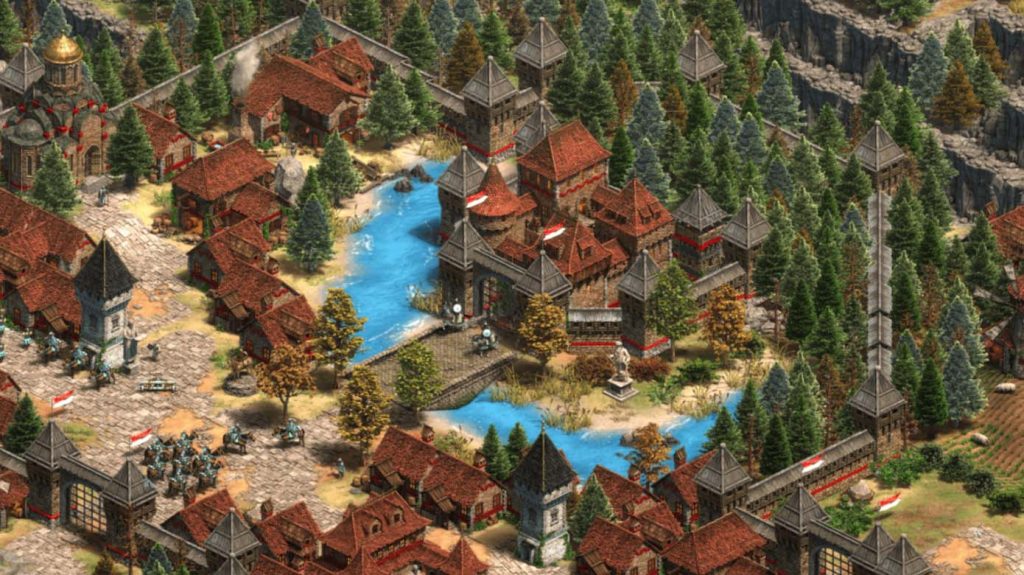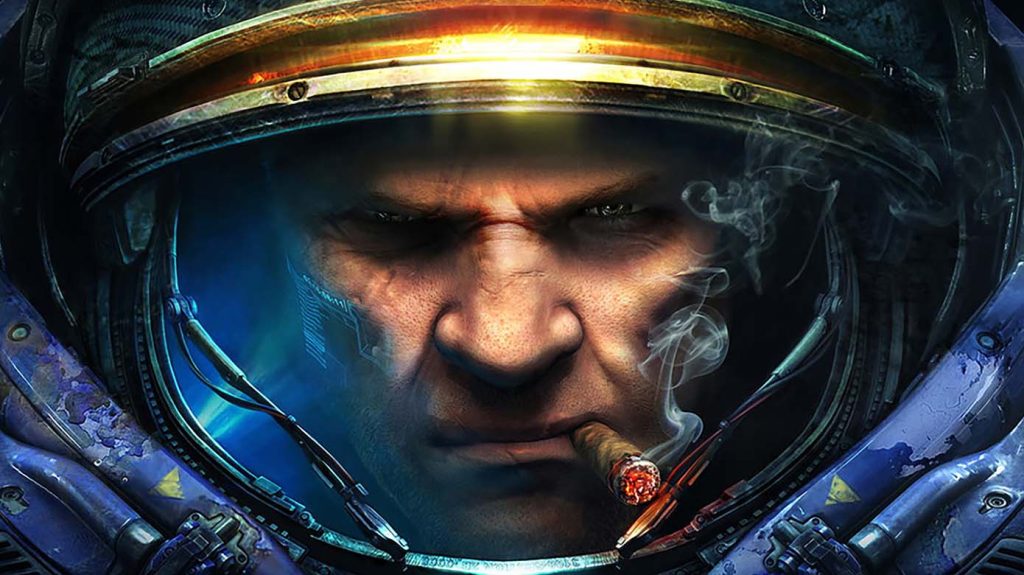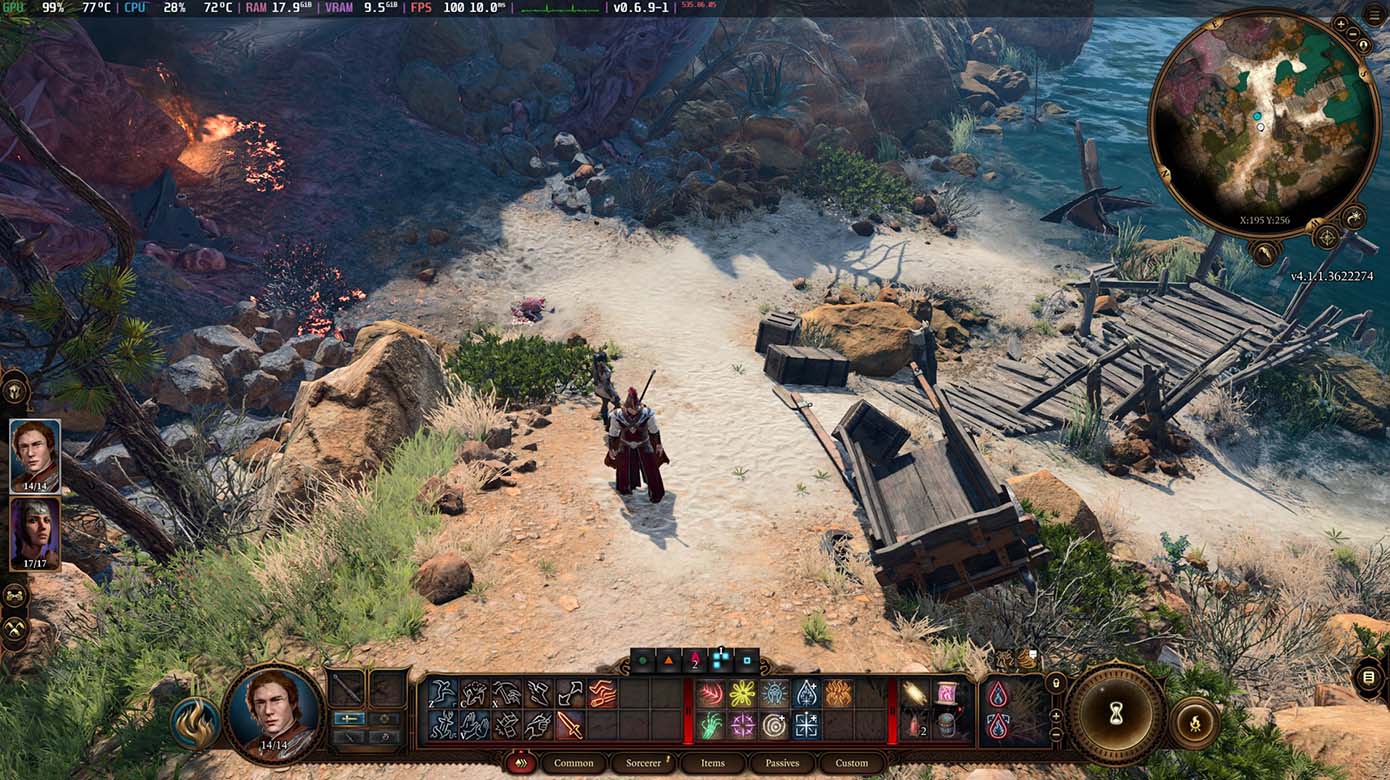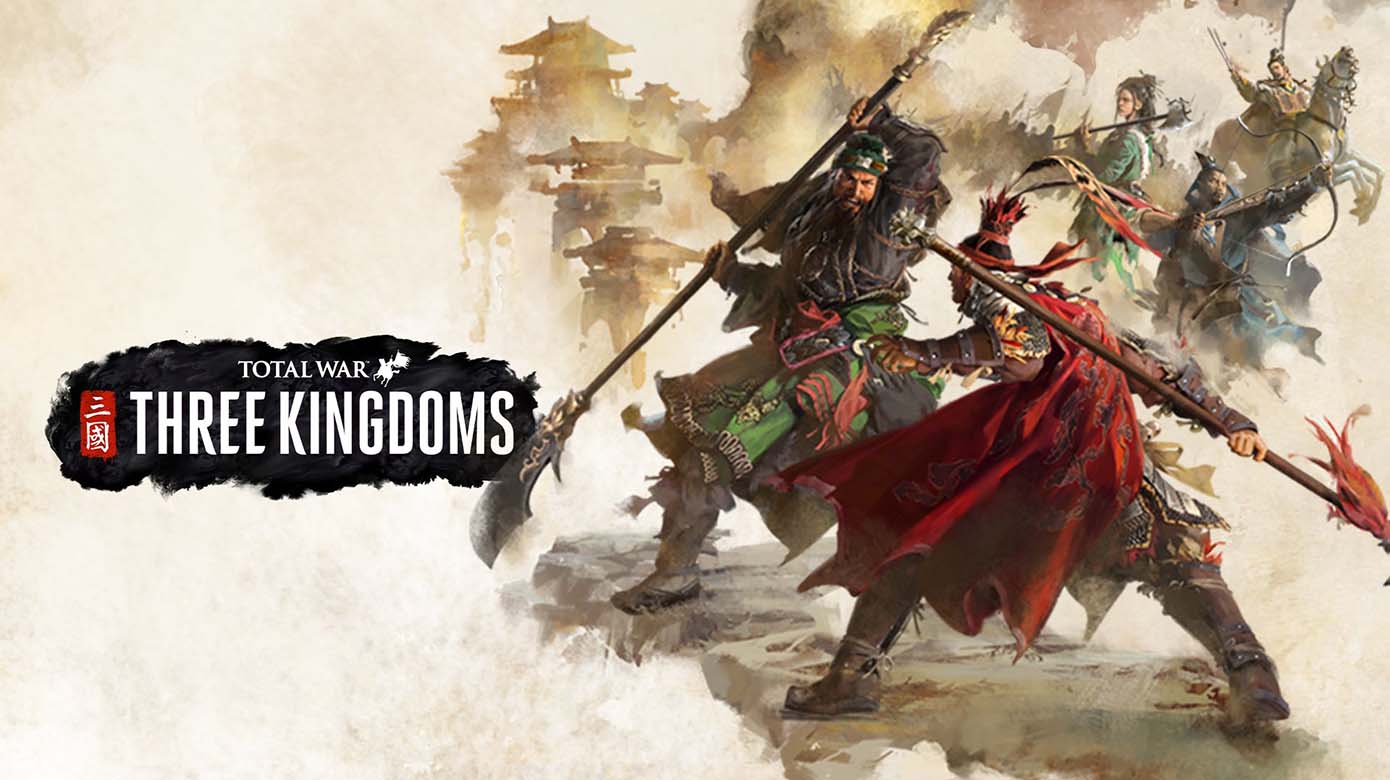Strategy games have long been a cornerstone of the gaming world, captivating players with their complex mechanics, strategic depth, and intellectual challenges. Requiring not only quick thinking but also careful planning and foresight, these games are beloved by players who prefer a more mentally demanding gaming experience. In-depth exploration of the long history of strategy games highlights some of the most iconic titles and explores modern innovations that continue to shape the genre.
The Evolution of Strategy Games
Early Beginnings: The Board Game Influence
Strategy games have roots that trace back to ancient board games like Chess and Go, which have been played for centuries. These games laid the foundation for what would become a complex and diverse genre in the digital age. The strategic principles found in these traditional games—such as positioning, resource management, and long-term planning—are still evident in modern strategy games.
The Rise of Computer Strategy Games
With the advent of computers, strategy games took on a new form. Early titles like “Civilization” and “SimCity” emerged in the late 1980s and early 1990s, setting the stage for what would become a golden age of strategy gaming. These games allowed players to manage entire civilizations or cities, making decisions that affected their growth and prosperity.
The Golden Age of Real-Time Strategy (RTS)

The 1990s saw the rise of the Real-Time Strategy (RTS) genre, with games like “Warcraft: Orcs & Humans” (1994) and “Command & Conquer” (1995) becoming instant classics. These games introduced fast-paced, real-time decision-making, where players had to gather resources, build bases, and command armies to achieve victory. “StarCraft” (1998) further revolutionized the genre with its balanced factions and deep multiplayer gameplay, solidifying Blizzard Entertainment’s reputation as a leader in the RTS genre.
Turn-Based Strategy (TBS) and Grand Strategy
While RTS games were gaining popularity, Turn-Based Strategy (TBS) games also carved out a significant niche. The “Civilization” series continued to thrive, with “Civilization IV” (2005) and “Civilization VI” (2016) becoming critically acclaimed entries. Meanwhile, grand strategy games like “Europa Universalis” and “Crusader Kings,” developed by Paradox Interactive, offered players the chance to control entire nations and dynasties over centuries, with intricate systems for diplomacy, warfare, and internal politics.
Iconic Strategy Games Through the Decades
1980s and 1990s: The Foundations
- Civilization (1991): Sid Meier’s “Civilization” set the standard for 4X (explore, expand, exploit, and exterminate) strategy games. Players guide a civilization from the dawn of time to the space age, balancing military conquest, cultural development, and technological advancement.
- Warcraft: Orcs & Humans (1994): As one of the first major RTS games, “Warcraft” introduced players to a rich fantasy world where they could control either the human Alliance or the Orcish Horde. Its success led to numerous sequels and the eventual creation of the massively multiplayer online game (MMO), “World of Warcraft.”
- Command & Conquer (1995): Westwood Studios’ “Command & Conquer” series became synonymous with RTS gaming in the 1990s. It featured a gripping storyline and introduced the concept of full-motion video cutscenes to enhance narrative immersion.
2000s: Refinement and Expansion
- Age of Empires II (1999): Although released at the end of the 1990s, “Age of Empires II” had a lasting impact throughout the next decade. Its blend of historical accuracy and engaging gameplay made it a staple in the RTS community.
- StarCraft: Brood War (1998) and StarCraft II (2010): Blizzard’s “StarCraft” series remained a benchmark for competitive RTS gameplay. “Brood War” became a cornerstone of esports, particularly in South Korea, while “StarCraft II” introduced a new generation of players to the intense, strategic battles between the Terrans, Zerg, and Protoss.
- Total War Series (2000-): The “Total War” series combined turn-based strategy on the campaign map with real-time tactical battles, offering players a unique blend of strategic depth and combat realism. Titles like “Shogun: Total War” (2000) and “Rome: Total War” (2004) are highlights of the series.
2010s to Present: Innovation and Modern Classics
- XCOM: Enemy Unknown (2012): This reboot of the classic 1990s series brought turn-based tactical combat into the modern era. Players must defend Earth from an alien invasion, balancing squad tactics with base management and research.
- Civilization VI (2016): The latest installment in the “Civilization” series introduced new gameplay mechanics such as city unstacking and a more dynamic diplomacy system, keeping the series fresh and engaging for both veterans and newcomers.
- Total War: Three Kingdoms (2019): Set during the turbulent Three Kingdoms period of Chinese history, this game is praised for its deep strategic gameplay and rich storytelling, blending historical accuracy with engaging character-driven narratives.
- Crusader Kings III (2020): Paradox Interactive’s latest grand strategy offering expands on its predecessors with a more accessible interface, deeper role-playing elements, and a richly detailed medieval world.
The Future of Strategy Games
Advances in AI and Machine Learning
Artificial intelligence is poised to revolutionize strategy games, offering more realistic and challenging opponents. Games like “Total War” and “Civilization” are already incorporating advanced AI techniques to create more dynamic and unpredictable gameplay experiences. Machine learning could further enhance these systems, allowing AI to adapt to players’ strategies in real-time, providing a continually evolving challenge.
Enhanced Multiplayer Experiences
The rise of esports and online gaming communities has brought new life to strategy games. Competitive multiplayer modes, ranked ladders, and cooperative gameplay options are now standard features in many strategy titles. Games like “StarCraft II” and “League of Legends” have shown the potential for strategy games to thrive in the competitive gaming scene, attracting both casual and professional players.
Virtual Reality (VR) and Augmented Reality (AR)
VR and AR technologies are beginning to make their mark on the strategy genre. These technologies offer immersive experiences where players can interact with game worlds in entirely new ways. Imagine commanding armies on a virtual battlefield, or managing a city from a god-like perspective in AR. While still in the early stages, these innovations have the potential to redefine how strategy games are played.
Notable Strategy Games and Their Impact
StarCraft Series

The “StarCraft” series by Blizzard Entertainment is perhaps one of the most influential RTS franchises in history. Known for its balanced factions and competitive multiplayer, “StarCraft” has a lasting legacy in the esports community. The original “StarCraft” and its expansion, “Brood War,” set the standard for competitive RTS gameplay, while “StarCraft II” continued to push the envelope with its engaging campaigns and robust online modes.
Civilization Series
Sid Meier’s “Civilization” series is synonymous with turn-based strategy gaming. Each installment builds on the core concept of guiding a civilization through history, balancing diplomacy, warfare, culture, and science. “Civilization VI” is the latest entry, introducing new mechanics that add depth and complexity to the already rich gameplay.
Total War Series
The “Total War” series, developed by Creative Assembly, is renowned for its combination of turn-based strategy and real-time tactical battles. The series covers various historical periods, offering players a chance to rewrite history. “Total War: Three Kingdoms” and “Total War: Warhammer” are standout titles that showcase the series’ versatility and depth.
XCOM Series
The “XCOM” series, particularly the rebooted “XCOM: Enemy Unknown” and its sequel “XCOM 2,” revitalized the turn-based tactical genre. Players manage a global defense force against an alien threat, making strategic decisions both on and off the battlefield. The series is praised for its challenging gameplay, permadeath mechanics, and deep strategic layers.
Strategy games have evolved significantly since their inception, drawing from ancient board games and leveraging modern technology to create rich, immersive experiences. From the classic “Civilization” series to the competitive arenas of “StarCraft,” these games offer something for everyone, whether you enjoy methodical planning or fast-paced decision-making. As technology continues to advance, the future of strategy games looks bright, promising even more innovative and engaging ways to test our strategic minds. Whether you’re a seasoned strategist or new to the genre, there’s never been a better time to dive into the world of strategy games.

